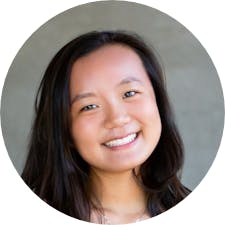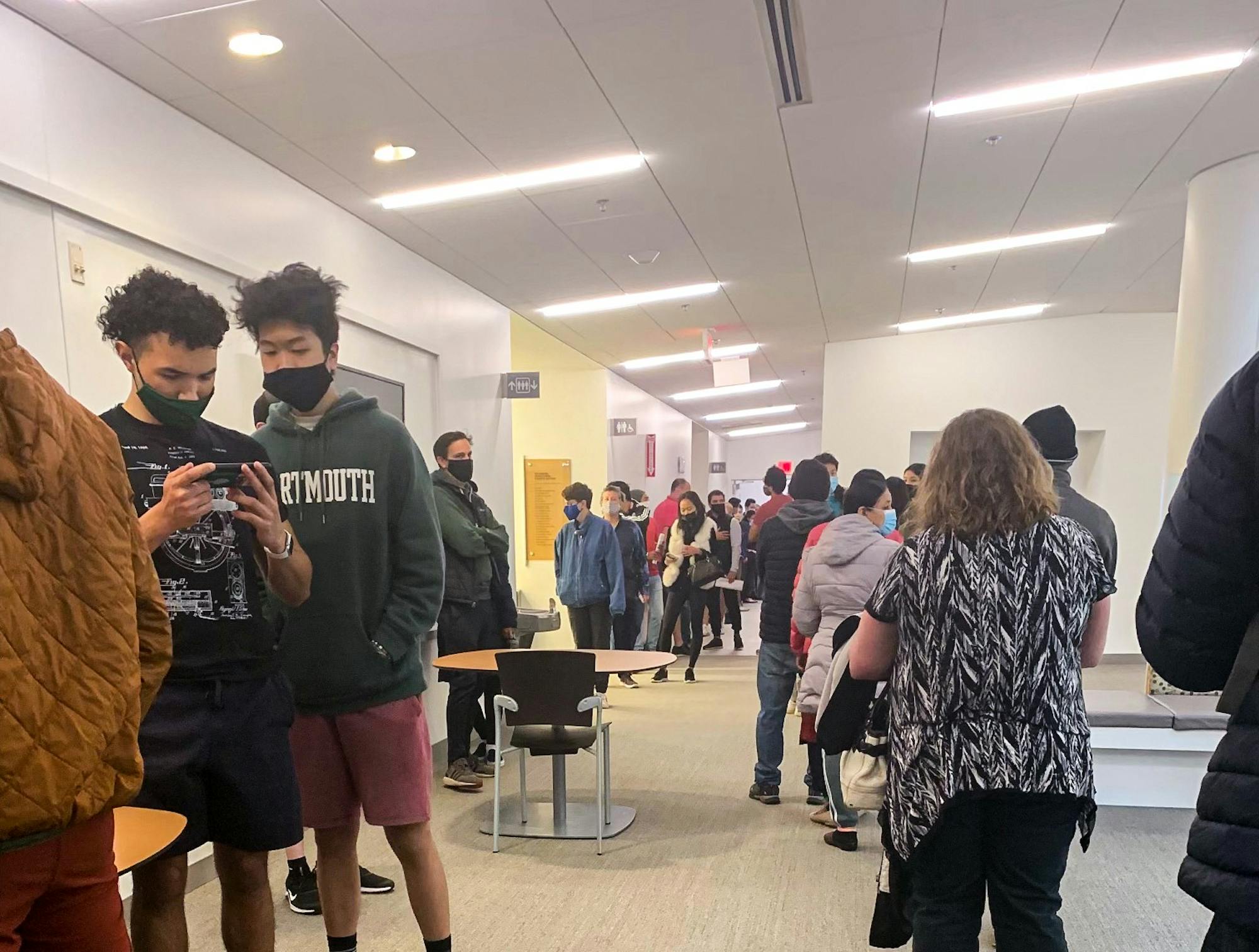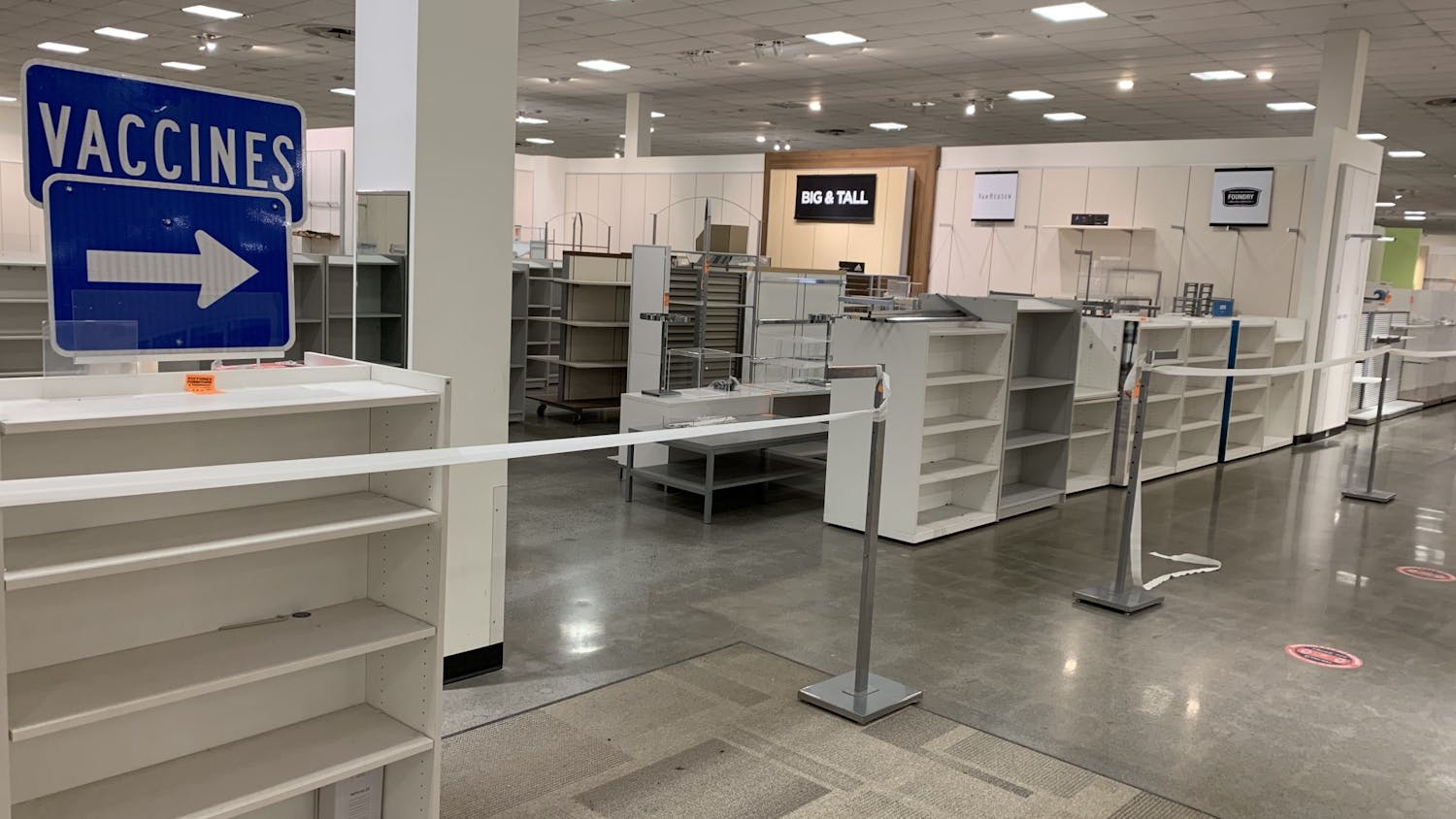Updated April 1, 2021 at 12:07 p.m.
On March 19, the College and the state of New Hampshire announced the start of a partnership to help facilitate the scheduling of COVID-19 vaccination appointments for some eligible College students and employees. Additionally, students who do not qualify under New Hampshire’s multi-stage vaccine rollout plan have received vaccinations through external opportunities, including through a clinic in Lebanon on Saturday, March 27 for Upper Valley residents identifying as Black, Indigenous, or people of color.
The College’s partnership with the state applies to those eligible under Phases 2A and 2B — covering those who work with children, such as teachers and child care workers, and residents between 50 and 64 years of age, respectively — in addition to those who qualified under earlier phases but had not yet been vaccinated.
Previously, the state had not projected that all residents would be eligible before May or June. However, under the revisions to the state’s multi-stage vaccination plan that were announced on March 25, all residents of New Hampshire will be eligible to make vaccination appointments by Friday. Residents between 40 and 49 became eligible on Monday, and those between 30 and 39 became eligible on Wednesday.
Out-of-state college students who are not New Hampshire residents, however, are officially excluded from the state’s vaccination rollout unless they are New Hampshire residents.
According to Public Health Council of the Upper Valley executive director Alice Ely, when New Hampshire opened up vaccines to residents 50 and older, state officials worked with the College to provide opportunities for vaccination to Dartmouth personnel.
Ely said that the College’s partnership with the state began because the College has been “very generous” in making healthcare facilities available. She added that it has been part of New Hampshire’s regional public health emergency planning team for “the last 15 years or so.”
“The partnership is based on a long history of knowing each other, knowing who the players are, knowing what the issues are and knowing what the resources are,” Ely said.
Ely added that the state has also partnered with other local employers, including schools, restaurants and smaller grocers and is “happy” to help Dartmouth in the same capacity.
COVID-19 Task Force co-chairs Lisa Adams and Josh Keniston wrote in an email to campus on March 26 that the College is exploring whether the partnership can be extended in order to allow the College to help facilitate the scheduling of appointments for future vaccinations, but noted that “this decision will be made by the state.”
According to an email statement from Keniston, the College does not have the authority to schedule vaccinations for individuals who do not meet state requirements and the appointments through the partnership are only for the first dose for those in stages 1A through 2B. Students and staff who have received their first dose should be in contact with the location where they received it to schedule their second dose, he noted in the email.
Outside of the College’s partnership with the state, students who do not fall under phases 1, 2 or 3A have taken additional measures to schedule vaccination appointments.
On March 27, 400 people received vaccinations through a clinic for BIPOC New Hampshire residents living in the Upper Valley, according to Ely. These vaccines became available through an “equity allocation” initiative by the state, and all 400 available slots were taken.
“We are thrilled that the Upper Valley Public Health Region was able to provide this opportunity to so many of our neighbors who identify as Black, Indigenous or a person of color,” Ely said.
The “equity allocation” initiative is a part of the New Hampshire COVID-19 vaccination allocation guidelines for phase 1B and allocates 10% of available state vaccine supply to areas particularly vulnerable to COVID-19 due to factors including poverty rates, local access to healthcare and the proportion of the population that belongs to a minority group.
Elizabeth Frey ’24, who received Johnson and Johnson’s single dose COVID-19 vaccine through the BIPOC clinic on Saturday, described the process as “pretty easy” overall but noted experiencing difficulty registering for an appointment.
“I had to call around 50 times until I was able to get through, so that was a little hard,” Frey said. “I also had to find my own ride to get there and back, and in terms of getting the vaccine, I had to wait in line for an hour, but they were super sweet at Dartmouth-Hitchcock [Medical Center].”
Russell Chai ’24 also scheduled his vaccination through the BIPOC initiative after hearing about the clinic from friends.
“I never got an official email, but just because of the Dartmouth community, it was really easy for word to get around and for me to find out that I could get vaccinated,” Chai said.
Like Frey, Chai noted that the line was “actually kind of long” and that he “can’t imagine” how long the wait will be when all residents qualify to get vaccinated.
“Now that I’ve gotten vaccinated, I feel like a weight has been lifted off of my shoulders,” Chai said. “I’m clearly less nervous about getting the virus because the virus definitely ruins lives, especially if you’re symptomatic.”
Correction appended (April 1, 2021) : A previous version of this article inaccurately stated that a member of Dartmouth emergency medical services was vaccinated through the College’s partnership with the state. EMS members were vaccinated through a separate partnership with the state of New Hampshire. Reference to the source has been removed from the article.





